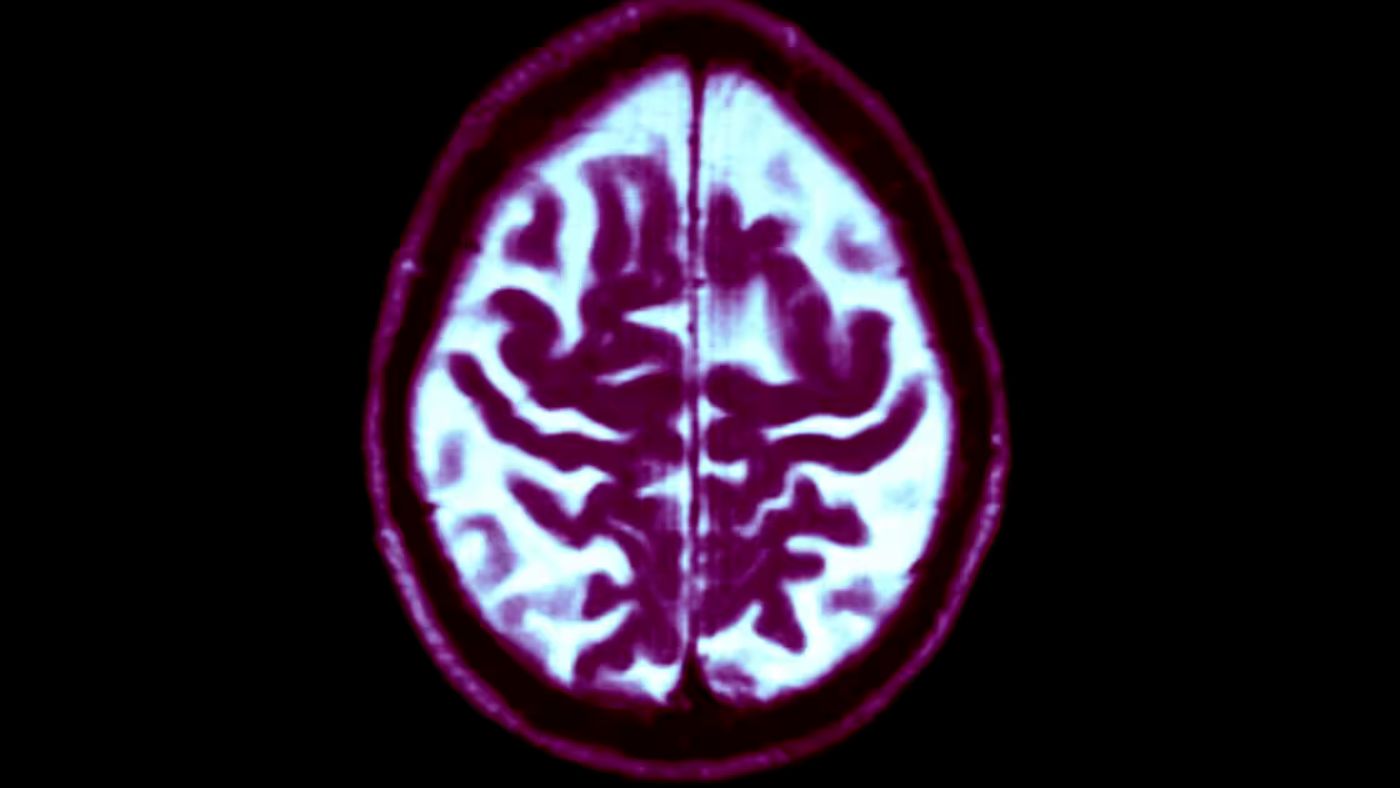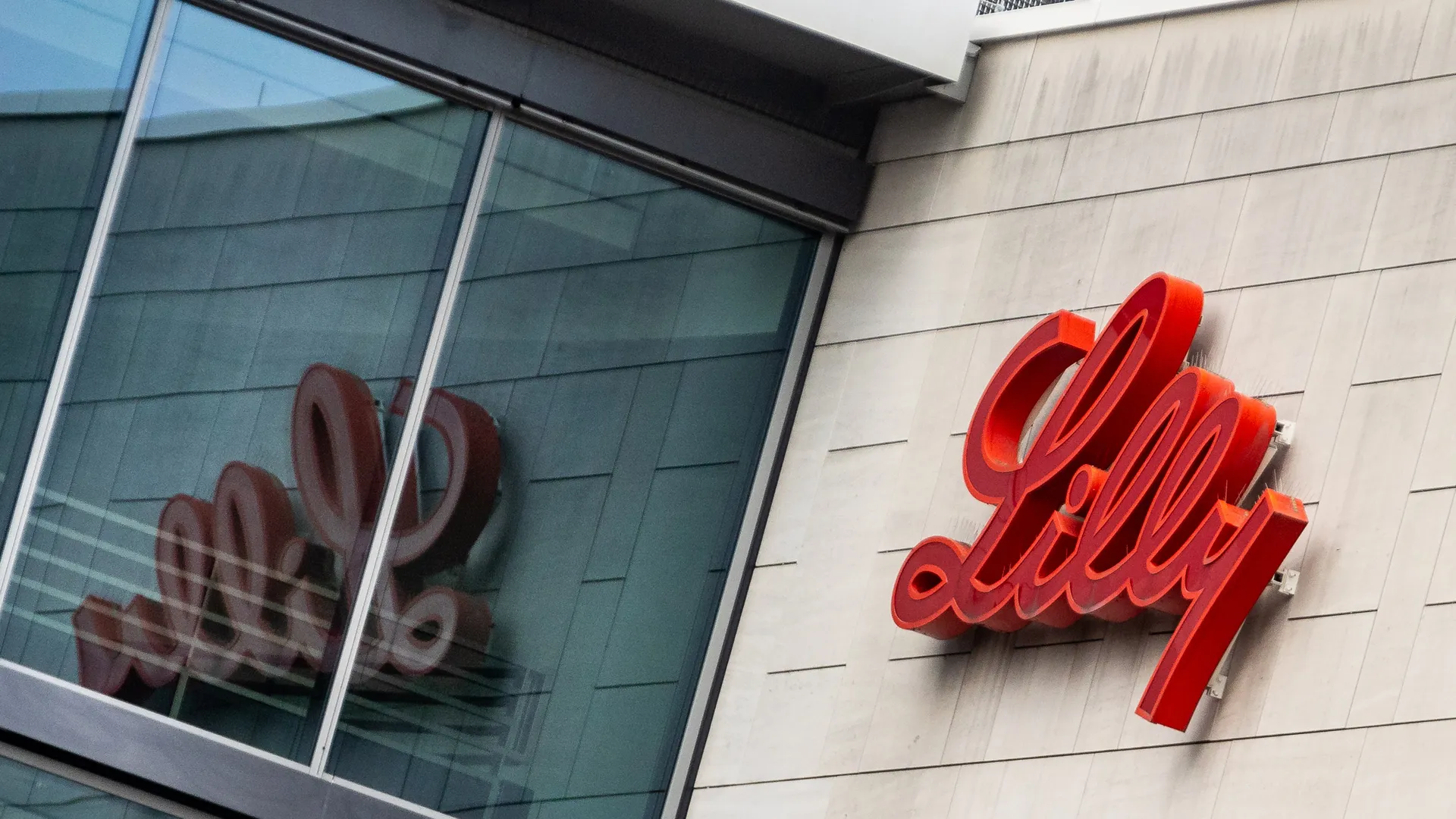Eli Lilly announced on Friday that the Food and Drug Administration (FDA) has unexpectedly extended the approval decision timeline for its experimental Alzheimer’s treatment donanemab, opting to convene an advisory meeting to review the drug’s safety and efficacy in a late-stage trial.
According to Eli Lilly, the FDA has not disclosed the date of this advisory meeting, suggesting that a potential approval would likely occur after the current month.
Initially, the FDA was anticipated to make a decision on whether to approve the medication by the end of the first quarter, a deadline already postponed from last year.
In late-stage trials, Eli Lilly’s drug significantly slowed the progression of Alzheimer’s disease.
However, concerns about safety issues related to brain swelling and bleeding have been raised for this treatment and similar drugs.
The FDA’s decision to call for an advisory meeting underscores the critical nature of developing therapies for Alzheimer’s, a condition affecting over 6 million Americans with no current cure, resulting in limited effective treatment options.
This development poses another setback for Eli Lilly as it competes with Biogen and Eisai, who gained approval last year for their treatment Leqembi, the first medication proven to slow Alzheimer’s progression in individuals at early stages of the disease by targeting amyloid plaque buildup in the brain.

Despite the setback, Eli Lilly expressed confidence in donanemab’s potential benefits for people with early symptomatic Alzheimer’s disease, describing the delay as “unexpected.”
“We will work with the FDA and the stakeholders in the community to make that presentation and answer all questions,” said Anne White, president of neuroscience at Eli Lilly.
Eli Lilly acknowledged the uncommon nature of the FDA convening an advisory panel meeting post a set action date, citing similar meetings for other amyloid plaque-targeting therapies previously approved by the agency.
The FDA typically seeks advice from advisory panels on the safety and efficacy of unapproved products, although it is not bound by their recommendations.
In 2021, despite a negative recommendation from its advisory panel, the FDA approved Biogen and Eisai’s earlier Alzheimer’s drug, Aduhelm.
The FDA will closely examine the results of an 18-month phase 3 trial involving more than 1,700 patients in the early stages of Alzheimer’s, focusing on safety outcomes and evaluating the trial’s unique design impact on efficacy.
Eli Lilly’s trial allowed patients to discontinue the drug once amyloid plaques were cleared from the brain, unlike other Alzheimer’s medications such as Leqembi, which lack defined stopping points for patients.
In the trial, Eli Lilly’s drug demonstrated promising outcomes, with patients receiving the treatment showing a 35% slower decline in memory, cognitive abilities, and daily functioning compared to those who did not receive it, according to data.
However, 37% of patients receiving donanemab experienced brain swelling or bleeding, including three fatalities, compared to approximately 15% of those on a placebo. Similar side effects have also been observed with Leqembi.
